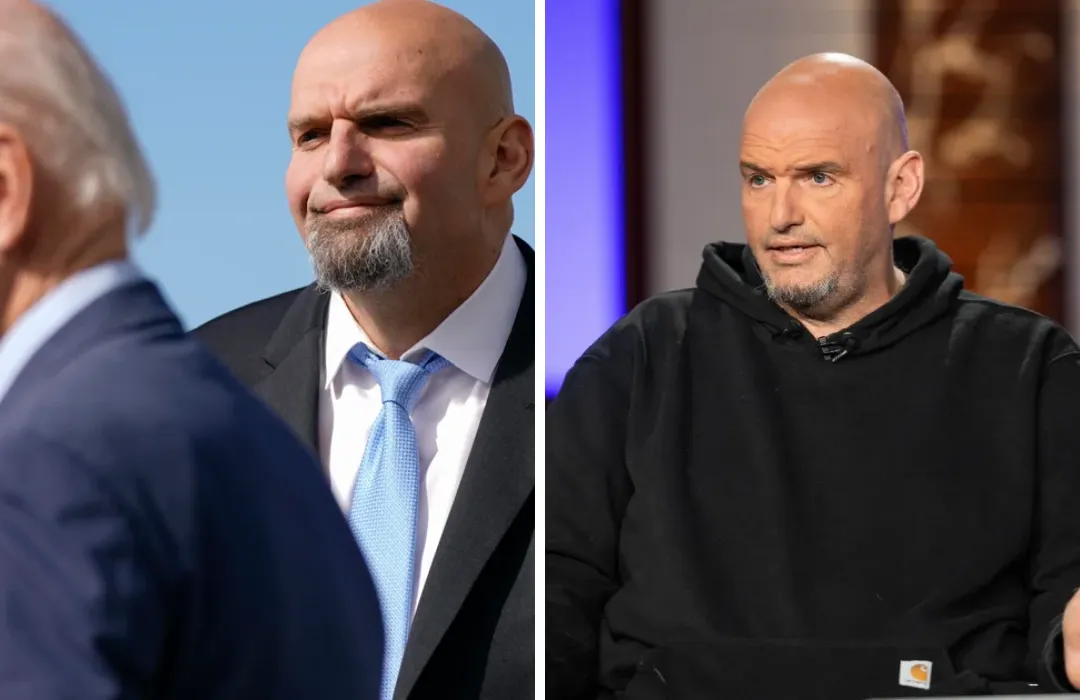
Defense Secretary Pete Hegseth has announced that the Trump administration is appealing a federal court’s decision that blocked the implementation of an executive order preventing transgender individuals from serving openly in the U.S. military. Hegseth, in a post on the social platform X on Wednesday evening, expressed confidence that the appeal would be successful.
“We are appealing this decision, and we will win,” Hegseth wrote, signaling that the administration intends to continue pushing for policies that would exclude transgender people from serving in the armed forces. The appeal comes after U.S. District Judge Ana Reyes issued a ruling on Tuesday that blocked Hegseth and other military officials from implementing the executive order, which was issued by President Donald Trump earlier in his administration.
Judge Reyes’ ruling specifically halted the enforcement of the policy that sought to bar transgender individuals from serving openly in the military. She also ordered that the military statuses of the plaintiffs involved in the case could not be altered until further court orders were issued.
This ruling effectively maintained the status quo, allowing transgender service members to remain in their current positions without facing discrimination based on their gender identity.
“We are not surprised to hear the military intends to appeal. We are very confident in the Court’s ruling,” said Jennifer Levi, an attorney representing the plaintiffs in the case.
“All the evidence in the case shows that transgender people are meeting standards and making tremendous contributions to ensure the security of the nation.” Levi’s comments reflected the prevailing view among advocates for transgender rights, who argue that transgender individuals are capable of serving effectively in the military and that any attempts to exclude them are discriminatory and unfounded.
Judge Reyes, an appointee of former President Joe Biden, explained in her ruling that the decision was intended to preserve the policy that existed before Trump signed the executive order, which had allowed transgender individuals to serve openly in the military. She emphasized that her order aimed to keep the military’s policies regarding transgender service members in place as they were prior to the Trump administration’s actions, ensuring that any changes would not take effect until the case had been fully adjudicated in the courts.
“Today’s ruling upholds the principle that transgender people have the right to serve in the military and that any attempts to strip away their rights must be carefully examined in a court of law,” Levi added in her statement.
Reyes’ ruling temporarily blocked the implementation of Trump’s order, but she gave the administration until Friday to file an appeal. This temporary stay will allow the administration time to seek a higher court’s review, potentially continuing the legal battle over the military’s policies regarding transgender service members.
“The Court knows that this opinion will lead to heated public debate and appeals,” Reyes wrote in her opinion. “In a healthy democracy, both are positive outcomes.” The judge’s remarks highlighted the significance of the case in the broader discussion of transgender rights in the military and society at large.
While the decision was seen as a victory by transgender advocates, the legal process is far from over, and the issue is expected to remain a contentious political topic.
Trump’s executive order, which was issued in 2017, suggested that transgender individuals cannot meet the “rigorous standards necessary for military service” because their presence allegedly threatens the “lethality” of the armed forces and undermines “unit cohesion.” The executive order relied on the argument that transgender people are inherently less capable of serving in the military due to the challenges they face in terms of medical care and the disruption of military units.
The order further states, “A man’s assertion that he is a woman, and his requirement that others honor this falsehood, is not consistent with the humility and selflessness required of a service member.” This statement encapsulates the rationale behind the policy, which critics argue is rooted in outdated stereotypes and misconceptions about gender identity and military effectiveness.
Proponents of the Trump administration’s stance argue that military readiness and unit cohesion could be compromised by allowing transgender individuals to serve openly. They contend that the unique medical needs of transgender service members could create challenges for the military, which is often seen as a highly regimented and demanding institution.
However, these arguments have been widely criticized by advocates of LGBTQ rights, who assert that such claims are unfounded and that transgender individuals are as capable of serving as any other group of people.

Opponents of the Trump administration’s policy, including a number of military leaders and veterans, argue that transgender individuals are already serving in the military without issue and have proven their commitment to national defense. They contend that transgender people should not be excluded from service based on their gender identity, especially when they meet the same standards as their non-transgender peers.
The legal battle over the policy is expected to continue as both sides of the debate prepare for the next phase of litigation. If the administration’s appeal is successful, the legal challenges to Trump’s order could continue, and the matter may eventually be decided by higher courts, including potentially the U.S. Supreme Court.
The case has become a key battleground in the broader culture wars surrounding LGBTQ rights, with the outcome potentially shaping the future of transgender rights in the U.S. military and beyond.
For now, the ruling by Judge Reyes represents a temporary victory for transgender service members, who will be allowed to continue serving without fear of being discharged due to their gender identity. But the battle is far from over, and the legal and political ramifications of the case will continue to play out in the courts and the public sphere.

The outcome of the case could have significant consequences for the future of LGBTQ rights in the United States, particularly regarding the ability of transgender individuals to serve in the military and access the same opportunities as their non-transgender counterparts. As the legal process unfolds, both sides of the debate are likely to continue pushing for their respective positions, making the case a focal point of the ongoing struggle for LGBTQ rights in America.




